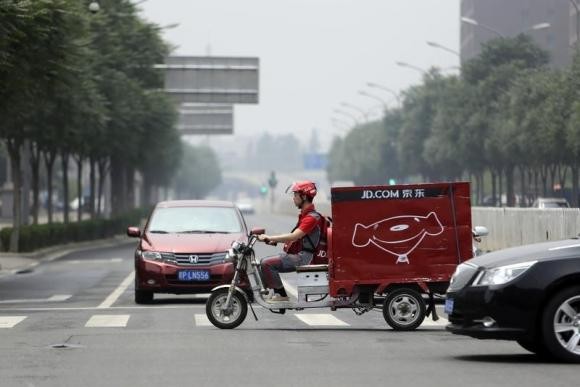While the low tolerance of millennials for chores that they find boring is cause for hair-pulling frustration among older generations, a new economy within the new economy is banking on the proliferation of their attitude to sustain its growth.
While it might sound confusing or unlikely, businesses like Yaogeili form part of the emerging "O2O" economy that combines the power of Internet technology with the power of convenience to generate substantial revenue streams.
"O2O" is the abbreviation for the market in which consumers "order online and receive their products offline," or in geek terms, "cyberspace orders for meatspace service."
Even though people over the age of 34 are often dismayed by behavior that they think can only be interpreted as laziness, entrepreneurs like Sun Li are devotees praying at the altar of the "lazy people economy."
Li explained to China Daily on Monday:
"Nearly 40 percent of our users are aged between 25 and 34 and do not want to be troubled with tedious chores. It is clear that young people are not that diligent compared with their parents."
Li, the co-founder of an app that sources freelance help for customers, spoke of "a rosy future for our business" because of the lack of diligence that he has observed among his target demographic.
Meanwhile, savvy investors who sense the considerable potential attached to this market are also on board, with Didi Dache and Kuaidi Dache, the two most prominent taxi-hailing apps in China, attracting hundreds of millions of U.S. dollars in recent investment rounds.
However, as one would expect, competition is fierce and, as one entrepreneur told China Daily: "There is no room for second best in the O2O market."



























